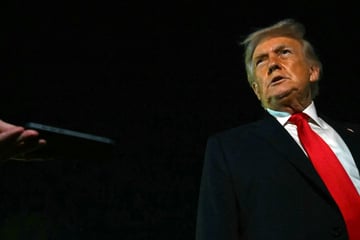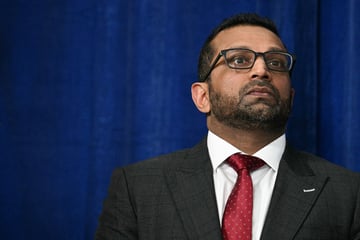Venezuelans left in legal limbo after Supreme Court ends deportation protection
Doral, Florida - Denis Caldeira says he is in legal limbo since the US Supreme Court let the Trump administration strip him and 350,000 other Venezuelans of a special legal status that shielded them from deportation.
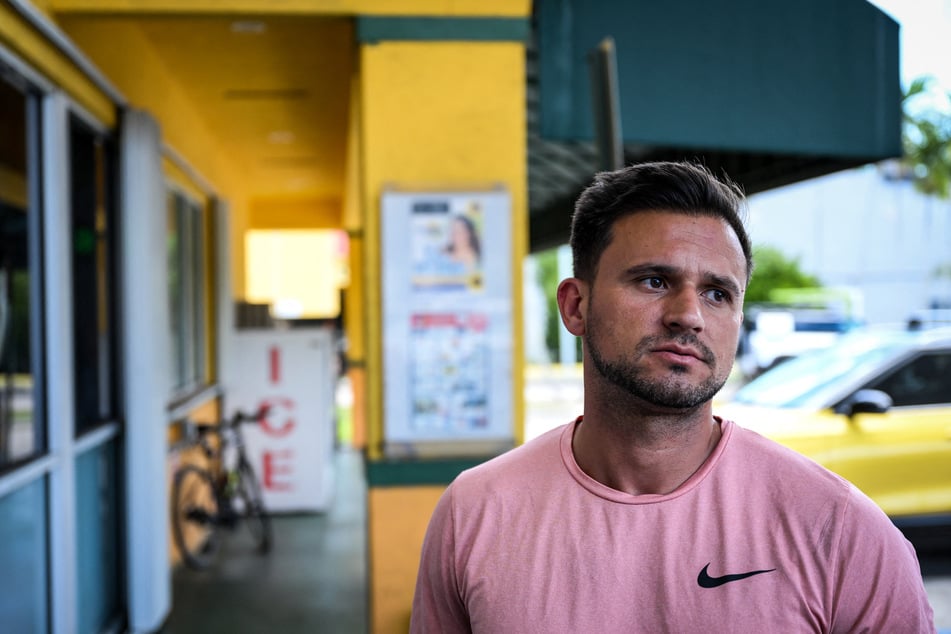
"I have to go out and work. I can't stay shut in at home. Obviously I am afraid but there is nothing I can do," Caldeira, who has been in the US for four years, said in the Miami suburb of Doral, where 40% of the population is from Venezuela.
Caldeira, a 47-year-old employee of an export company, had Temporary Protected Status (TPS), which can be granted to foreign citizens who cannot safely return home because of war, natural disasters, or other "extraordinary" conditions.
Joe Biden extended TPS for Venezuelans for 18 months just days before Trump returned to the White House in January, citing economic and other crises in the South American country.
But Trump – whom many Americans of Venezuelan heritage voted for in the 2024 election – revoked the TPS extension while an appeal proceeds in a lower court.
A judge in California put a stay on the administration's plans in March, but on Monday, the Supreme Court voted to let Trump proceed and eliminate TPS protection for Venezuelans.
"Since his term started there has been a kind of persecution of Venezuelans in particular," Caldeira told AFP as he sat in El Arepazo, a popular Venezuelan restaurant in Doral.
Venezuelan migrants express shock at Trump decision
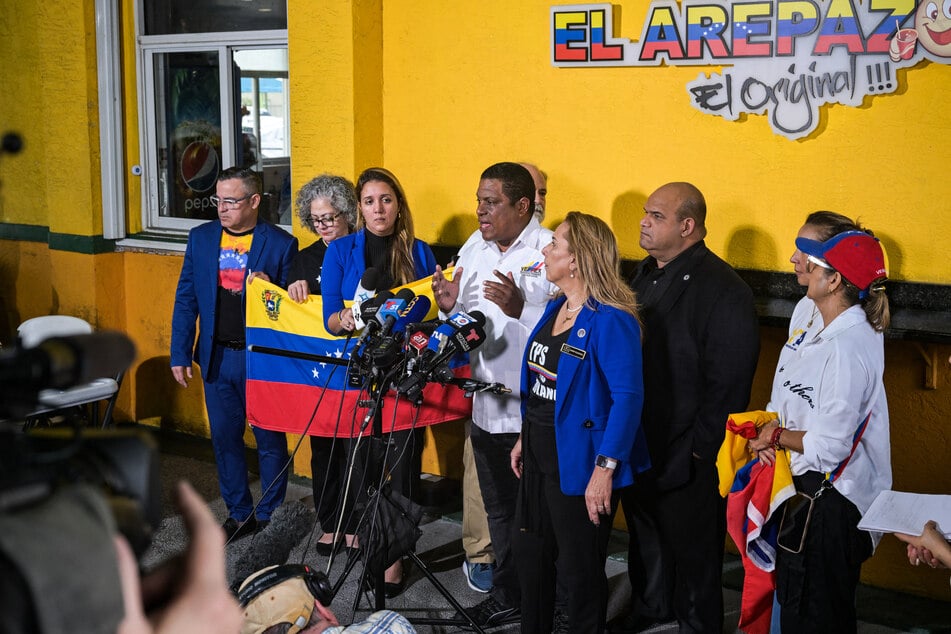
Doral, where Trump operates a golf course, is known locally as Doralzuela because it is home to so many Venezuelans.
Sitting around Caldeira, many people said they do not understand how Trump included them in his aggressive campaign to rid America of undocumented migrants.
"Most Venezuelan-Americans voted for him thinking he was going to be much tougher against the Maduro regime, that he was going to remove him from power – not that he would end up removing Venezuelans from the United States," said Jose Antonio Colina, president of an organization of Venezuelan exiles.
"There is a huge contradiction because if the US intelligence services assessed that Venezuela is a country where human rights are not respected, how can he send back there thousands of people who left precisely due to political persecution?" Colina mused.
Venezuelan President Nicolas Maduro himself criticized the Trump administration's insistence on removing TPS for Venezuelans.
"Migrating is not a crime. Removing TPS is a crime," Maduro said.
Venezuelan migrants' future up in the air
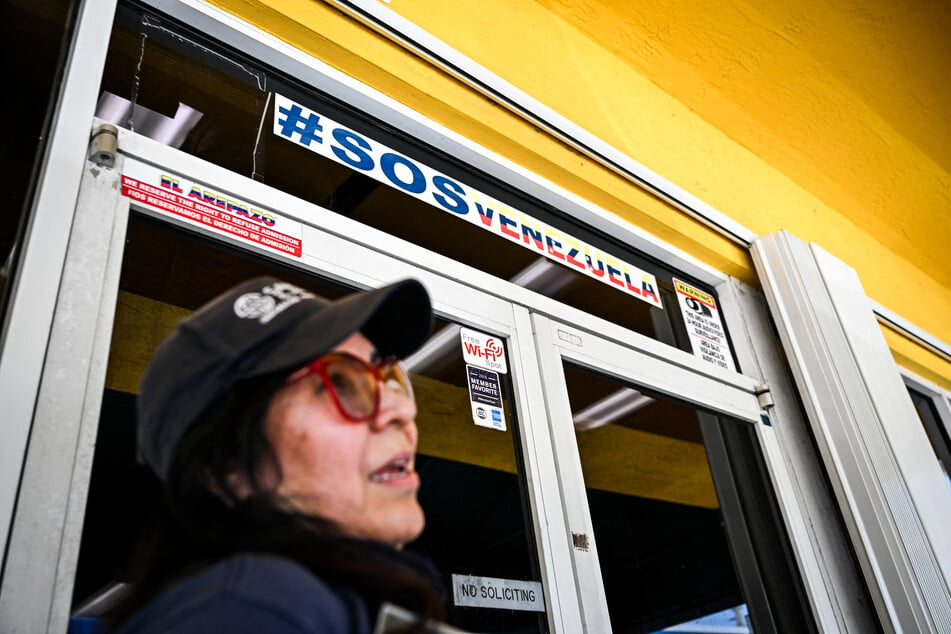
Keyla Mendez is not among the Venezuelans whose TPS status expired in April. Hers lasts until August, but after the Supreme Court decision, she is worried about the future.
"We have formed a family here. We have made progress. We have created a bond," said Mendez (55), who works for a law firm.
"My children are studying. They want their future to be here. They are afraid of going back. We left a situation that was very bad in our country," she added.
Most Venezuelans interviewed by AFP said it is hard to think about having to leave a country where they not only found refuge, but also worked hard to get ahead.
"We had hoped that this whole process of cleansing would be against the people who deserved it, not against us," said Oli Garcia (42), who runs a printing company in Doral.
"We have contributed a lot. I want more businesses and I want to grow more," said Garcia.
"But now I don't know what to do. I don't know what is going to happen. I don't know if I will actually end up growing here or in the end I will have to leave."
Cover photo: Chandan Khanna / AFP
